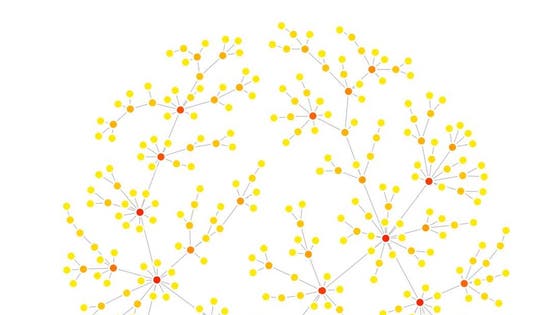Jun 30: A systems approach to unraveling progenitor potential and disease-associated immune cell networks

Utilizing existing publicly available datasets and clever bioinformatic approaches, PhD student Abhinandan Devaprasad uncovered the immune cells' underlying mechanism, function, and position under the umbrella of the hematopoietic stem cell differentiation tree. Additionally, a valuable resource was provided called the immunome – the most extensive compendium of healthy human immune cells. Furthermore, a computer-based tool was developed to dissect the immunome and to identify disease-associated cells, genes, and drug targets for repurposing.
The immune system plays a significant role in many immune and non-immune-mediated diseases' pathophysiology, it is imperative to holistically understand the many immune cell types, emphasizing their origin, function, and regulation. The origin of immune cells commences from the differentiation of the pluripotent hematopoietic stem cells (HSCs) via a process called hematopoiesis. The current literature describes hematopoiesis as a constantly occurring, step-wise lineage branching process, with each branching point signifying a commitment to a specific lineage. However, new data suggests that the classical HSC differentiation tree is more complex than known and suggests a paradigm shift depicting hematopoiesis.
The thesis by Abhinandan Devaprasad (Center for Translational Immunology, UMC Utrecht) aims to address unanswered questions about the immune cells and their progenitors. In the first part of this thesis, Abhinandan and colleagues dived deep into the ocean of immune cells and their progenitors – benchmarking their gene expression landscape. They then explore the relationship between the different cell types in the scope of their regulatory elements and further identify cell-specific genes and predict differentiation trajectories.
In the second part of this thesis, the investigators leveraged the knowledge gained from the benchmarking and developed the requisite computational tools to identify immune cell types enriched in disease. Finally, Devaprasad applied the new tool to several immune-mediated inflammatory diseases (IMIDs) and the highly infectious SARS-CoV-2 to shed light on COVID-19 disease in times of the growing pandemic.
Abinandan Devaprasad summarizes his research as follows: “My thesis sheds light on the diverse gene expression landscape of the different immune cells. Moreover, by utilizing existing publicly available datasets and clever bioinformatic approaches, we can uncover the immune cells' underlying mechanism, function, and position under the umbrella of the HSC differentiation tree. Additionally, we provide a valuable resource called the immunome – the most extensive compendium of healthy human immune cells. Furthermore, we provide a computer-based tool called DIME to dissect the immunome and identify disease-associated cells, genes, and drug targets for repurposing.”
PhD defense
Abhinandan Devaprasad (1989, Bengaluru, India) defended his PhD thesis on June 29, 2022 at Utrecht University. The title of his thesis is “A systems approach to unraveling progenitor potential and disease-associated immune cell networks”. Supervisor was prof. dr. Tim Radstake (Center for Translational Immunology, UMC Utrecht, now Abbvie, Cambridge MA, USA ). Co-supervisor was dr. Aridaman Pandit (Center for Translational Immunology, UMC Utrecht, now Abbvie, Cambridge MA, USA). Abhinandan works as a post-doc in prof. Irina Udalova’s lab at the University of Oxford, UK. Currently, he researches the maturation markers involved in the differentiation of neutrophils.
